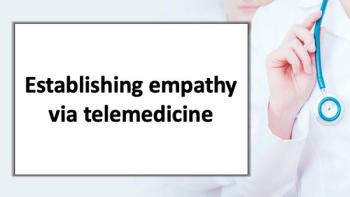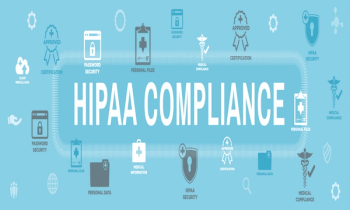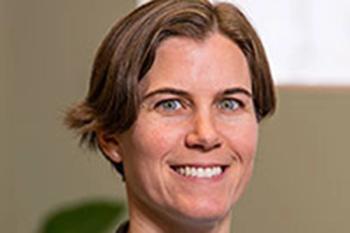
How and why practices can mimic the critical communication service.

How and why practices can mimic the critical communication service.

Remote monitoring starts around $1,500 per patient, whereas hospital admissions cost thousands more.

Tips from clinicians during the surge in telehealth demands.

Individual physicians should not be determining critical care and ventilator use.

Expert advice to secure your practice.

Guidance from expert sources.

Educating patients starts with alleviating their concerns. Part of that is educating them about reliable sources of information.

How you can safeguard your practice and patient information.

Nurse practitioners, physician assistants, and other advanced practice clinicians may have different coding requirements, adding another layer of complexity to the coding process.

A growing number of physicians are getting a master’s in business administration to learn the business of medicine.

How can docs avoid burnout woes? Three docs share their personal stories.

Physicians are spending nearly 90 minutes of "pajama time" documenting in the EHR. Here are solutions to fix this pressing problem.

Physician practices can learn from Equifax's security breach by asking the right questions. Here are a few to ask their vendor.

Planning ahead for a security breach related to your EHR can make the practice's response much smoother, according to experts.

Practices need to ask some hard questions to determine if an EHR switch is the right move. Here are a few.

From decreased physician productivity to lack of awareness about your EHR vendor's other product offerings, here's why you stay put.

Physicians need to document care in the EHR, but they can either keep the computer out of the room or embrace it to focus on the patient.

Quality alerts in the EHR can help remind physicians of urgent issues, but it's important to tailor the alerts to specific patients and leverage medical research.

Experts share their advice on how to ensure coding is done properly at your practice, through focusing on common codes and more.

Experts say the best way to train a new physician is focusing on patient flow. Do not put them in a classroom.

Experts say blockchain holds a lot of promise, but it's likely five to 10 years before the healthcare industry embraces the technology.

Selecting effective passwords and screensavers on computers helps, in addition to ongoing education about cybersecurity.

Building a trusting relationship with an outside IT consultant is important, as is due diligence.

Server-based EHRs lend themselves to in-house management. But technology expertise for the employee with that responsibility is key, say experts.

There's no point in switching your EHR if you join an ACO. You have options in connecting to other systems in the group.

Going to your EHR vendor's user group meeting will allow you to learn best practices from other practices your size.

Employing NPs and PAs is becoming more prevalent in the wake of the physician shortage epidemic, here are some ways to utilize these practitioners in a meaningful way.

While one practice built their own EHR to address population health, another solution is accessing information about specialists

Training physicians can be a challenge, but there are many upsides, including real-time patient record updates and physician satisfaction

Can small practices make it in a value-based world? Payers and experienced practices explain how this shift is possible.

Published: April 20th 2015 | Updated:

Published: April 21st 2015 | Updated:

Published: May 19th 2015 | Updated:

Published: May 21st 2015 | Updated:

Published: June 29th 2015 | Updated:

Published: June 30th 2015 | Updated: